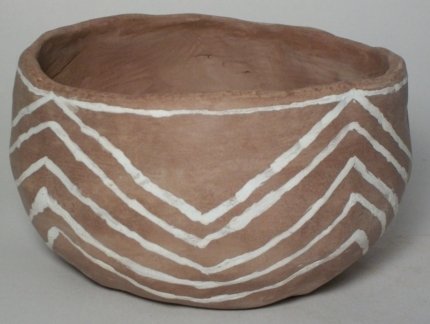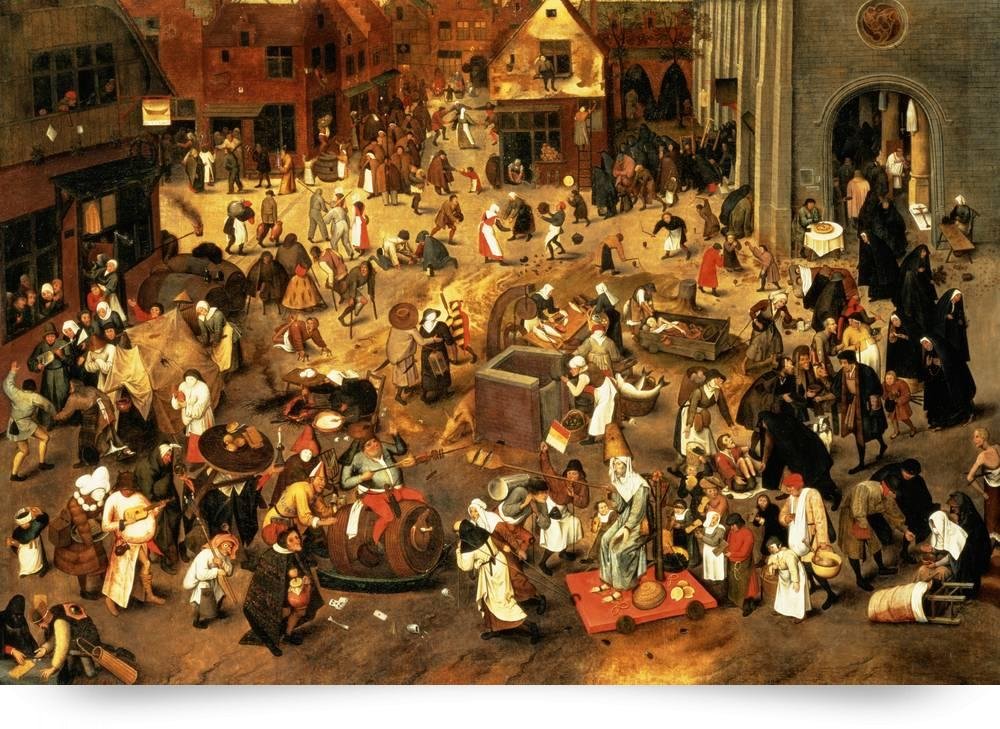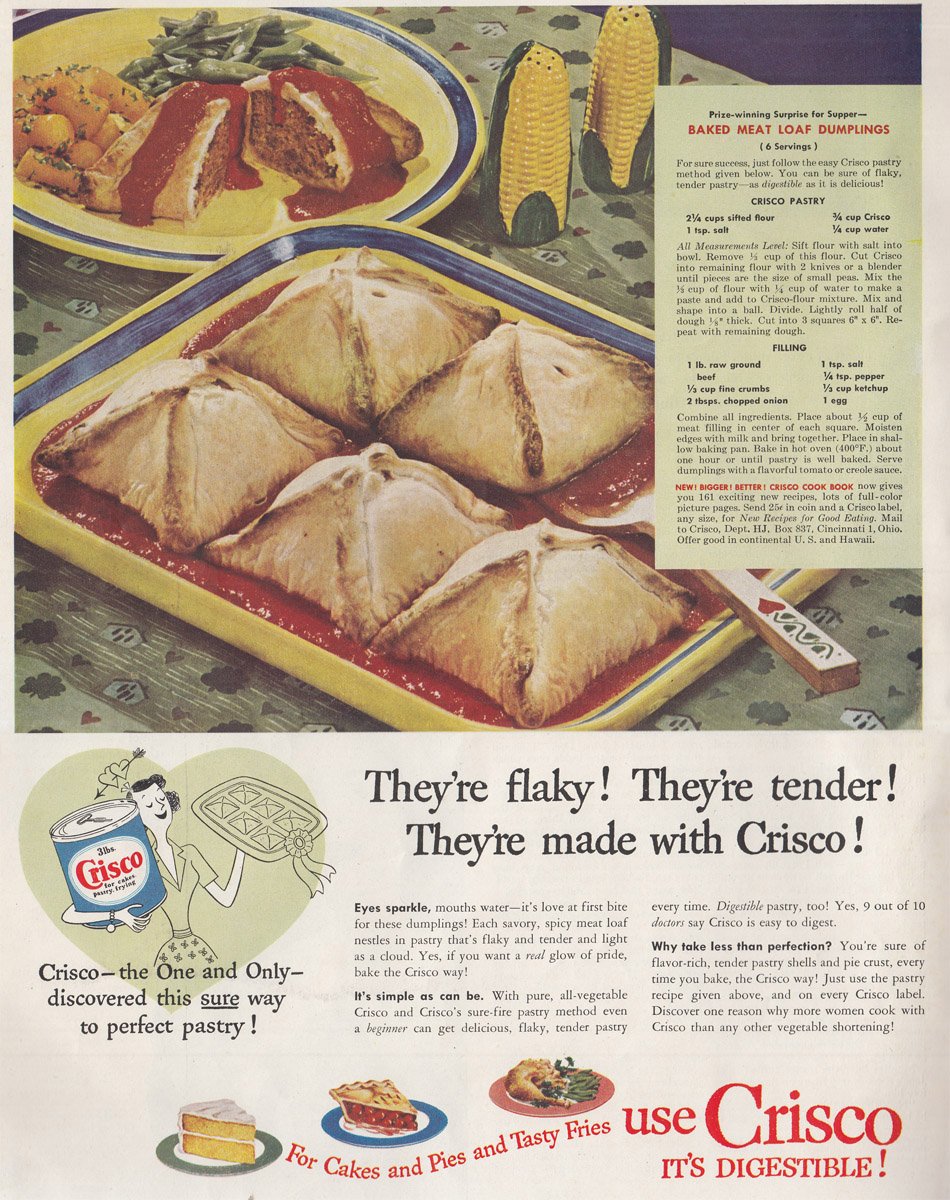America's first presidential campaign film in 1896 featured candidate William McKinley stepping off his front porch in Canton, Ohio. Played at movie theaters across the country, it "helped carry him to the White House and cement the image of the porch as an American icon for good and all."
Out of the Past
Timeline
The American Porch
Artwork: William McKinley and Theodore Roosevelt on front porch in Canton, Ohio
Out of the Past
Timeline
The American Porch
Artwork: William McKinley and Theodore Roosevelt on front porch in Canton, Ohio







